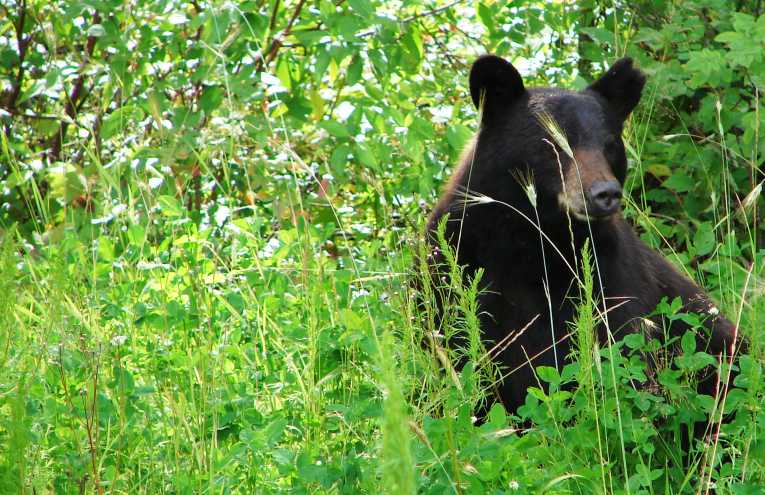An article in the Journal of Wildlife Management reports that the majority of fatal bear attacks on people are carried out by lone male black bears. Perhaps more significantly, the report also suggests that these attacks are on the increase.
Dr Stephen Herrero from the University of Calgary is the researcher behind the claims. His study focuses on human fatalities as a result of bear attacks in North America between 1900 and 2009. The results demonstrate, he says, that the most common cause for a bear attack is a predatory male searching for food and not, as previously believed, as the result of a female bear being overly protective of a cub:
''Most fatal black bear attacks were predatory and all fatal attacks were carried out by a single bear,'' he says. ''With training, people can learn to recognise the behaviour of a bear that is considering them as prey and deter an attack by taking aggressive action such as fighting back.''
However, the doctor has substantiated other perceptions about bears. Bears that attack humans once will very often do so again and bears are more prone to attacking lone individuals or couples as opposed to larger groups.
Commenting on why 86% of fatal attacks by bears have taken place since 1960, Dr Herrero believes this may have something to do with more human contact in black bear habitats than before:
''We didn't demonstrate why population growth is correlated with more bear attacks but we suspect it is because there are more people pursuing recreational and commercial activities in black bear habitat.''
It was noted that the majority of deaths occurred in less populated areas such as Canada and Alaska. The reason for this is thought to have been that when the bears have less food sources, such as during cold spells, the black bears turn to humans for prey.
Is should be pointed out that although the study shows incidences of bear attacks are on the increase, they are still rare with just 63 deaths reported since 1900.
University of Calgary professor emeritus Dr. Stephen Herrero discusses new study of fatal black bear attacks in North America. Credit: Grady Semmens, University of Calgary.










